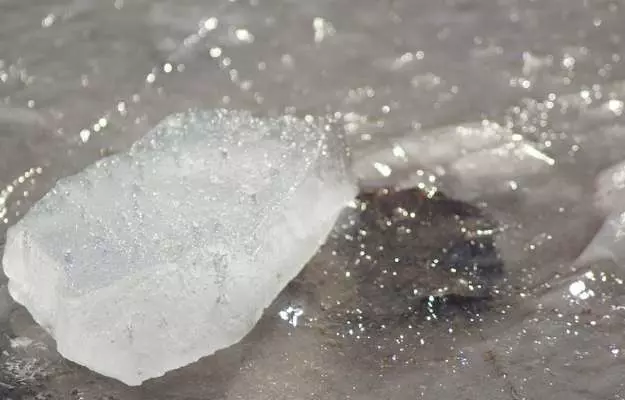It does not take a chemistry expert to recognise the fine white crystals of alum in a traditional Indian household. If you have not yet heard of fitakri and its immense benefits for your health, you are definitely missing out on a well-known antiseptic.
But what exactly it is and why has it got so much fame?
Well, the term alum loosely defines a type of mineral salt which contains sulphur, aluminium and an atom with a positive charge (ion). This ion is usually sodium, potassium or ammonium. Regardless of the type, most varieties of alum share the same benefits. For instance, alum is commonly added in pickles to keep the fruit skin from turning soft and potash alum makes an excellent mouthwash. It is slightly acidic in flavour and leaves a dry or astringent aftertaste. But is it safe to add alum to your food? Depends on the amount you are adding. The Food and Drug Administration lists all the three forms of alum as GRAS, Generally Identified As Safe when added in a limited amount to food.
It might also interest you to know that sodium alum makes an important part of self-rising flours while ammonium alum is used in various cosmetics including aftershaves and deodorants.
Since it is difficult to differentiate between the three by just a look, it is better that you check the label before purchasing alum and always buy from trusted brands.
Did you know?
Apart from the abovementioned types, some other minerals are also categorised under the general term alum. This includes the crystalline blue chrome alum, the soft and striated selenite alum and aluminium sulphate, which is an aluminium salt but is not a true alum.





























